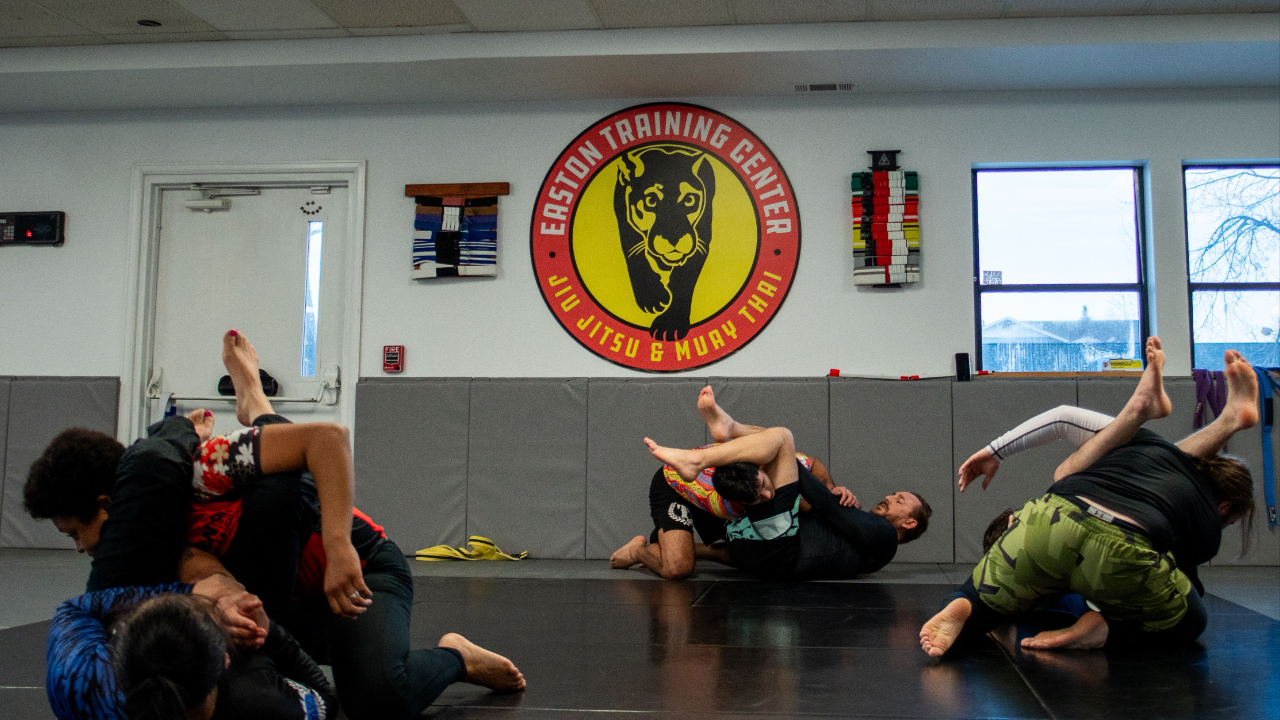Ditch Open Mats
Apr 01, 2025
This may be a hot take…
But it’s time to ditch the traditional Open Mat.
We know a lot of schools have hot open mats. They're well attended and everyone shows out.
You may even have folks from nearby schools who show up just for the training rounds.
But what do we mean when we say "open mat is Friday at 4pm"?
Most of the time open mat is just academy speak for “live training.”
Usually, it means live training without anyone leading the session.
There's no problem with a dedicate time for live training.
But the lack of structure leads to a bunch of downtime as people sit around after each round looking for a new partner.
There’s no urgency, very little focus, and a lot of awkward moments of trying to make eye contact with a training partner to initiate the “wanna roll?” conversation.
Some will take a round or two off and come back in when they’re fresh.
A traditional open mat is just an unstructured session on an academy’s schedule that is used for live training.
What if there was a better way?
It’s possible to have dedicated times on the schedule for live training while trimming the fat that comes with an unstructured session.
What Open Mat Should Really Be
Let’s be clear–we still offer open mat time on our schedules.
The difference is that open mat is exactly that–open.
There is no expectation to train or do any live rolling.
We offer open mat on the schedule throughout the day when there are no other classes going on but the academy is still open.
Students can come in during this time and really do whatever they want.
Most of the time we see students drilling with a training partner, working heavy bags, or doing some sort of exercise to build them up for training.
These times are still an important part of our overall offering to students. But they are very rarely attended by large groups of students trying to get their live training in.
Why We Offer Randori
Instead of using an “open mat” as a catchall term to indicate group live training, we have randori scheduled throughout the week.
Randori is a japanese word essentiality meaning “free sparring” or “live training.”
What’s the difference between a randori and a traditional open mat?
Randori is structured and there is a coach on the mat running the class.
Students line up by rank before each round and the most advanced students pick their training partners until everyone is partnered.
The round starts, training begins, and then the process repeats directly after the round ends.
In less than a minute, everyone lines up, partners off, and gets ready to train.
We do this for an hour to ninety minutes depending on the randori time.
There’s no down time, there’s no wondering what to do next or awkwardly trying to find a new partner.
Unless a student is too exhausted to train, the coach running the session presses the pace and ensures students quickly line up and partner off between rounds.
The coach running the randori may train with the students, but they also keep an eye on the room.
If students are spending more time talking than training, the coach is going to call them out and remind them that everyone is on the mat to train.
This guided and structured approach allows us to get more rounds in than in a traditional open mat scheduled for the same period of time.
Students know exactly what to do and what to expect, there’s no guessing and hoping someone picks them to train.
Another benefit of Randori: randori on the schedule is the same as any other class.
Students know that the mat is reserved for students in randori and not open to anyone to do whatever they want.
When randori is scheduled, students in that class aren’t sharing the space with anyone doing anything except live training.
This helps us prevent frustration from students that just want to train having to work around people on the mats who are doing their own thing.
We also get more rounds in.
At an open mat without structure, who knows how many rounds students actually trained.
Everyone’s open mat experience isn’t equal. Some people will train more than others.
Randoris give us an opportunity to shape the experience for students training by giving them structure and oversight.
There’s less down time, more training rounds, and more growth for each student.
Get the Easton.Online Podcast directly to your inbox!
Enter your details below to get email notifications when new episodes get published.
We hate SPAM. We will never sell your information, for any reason.







